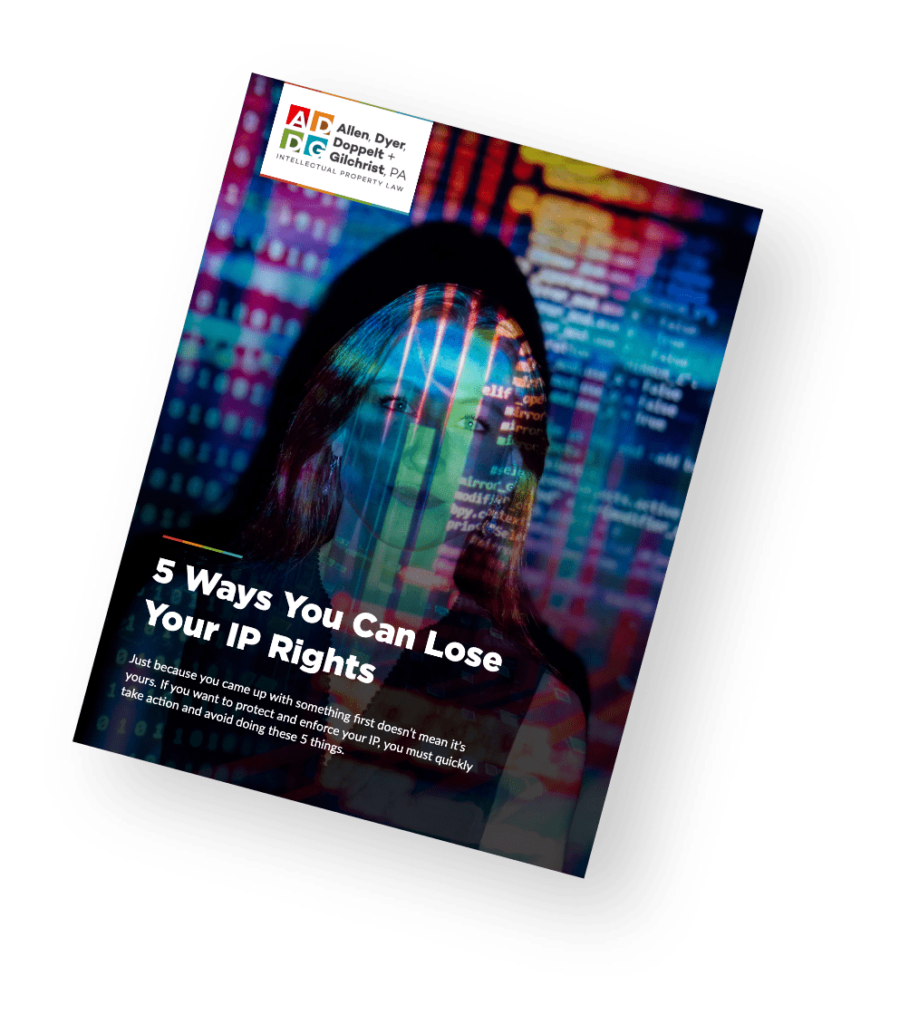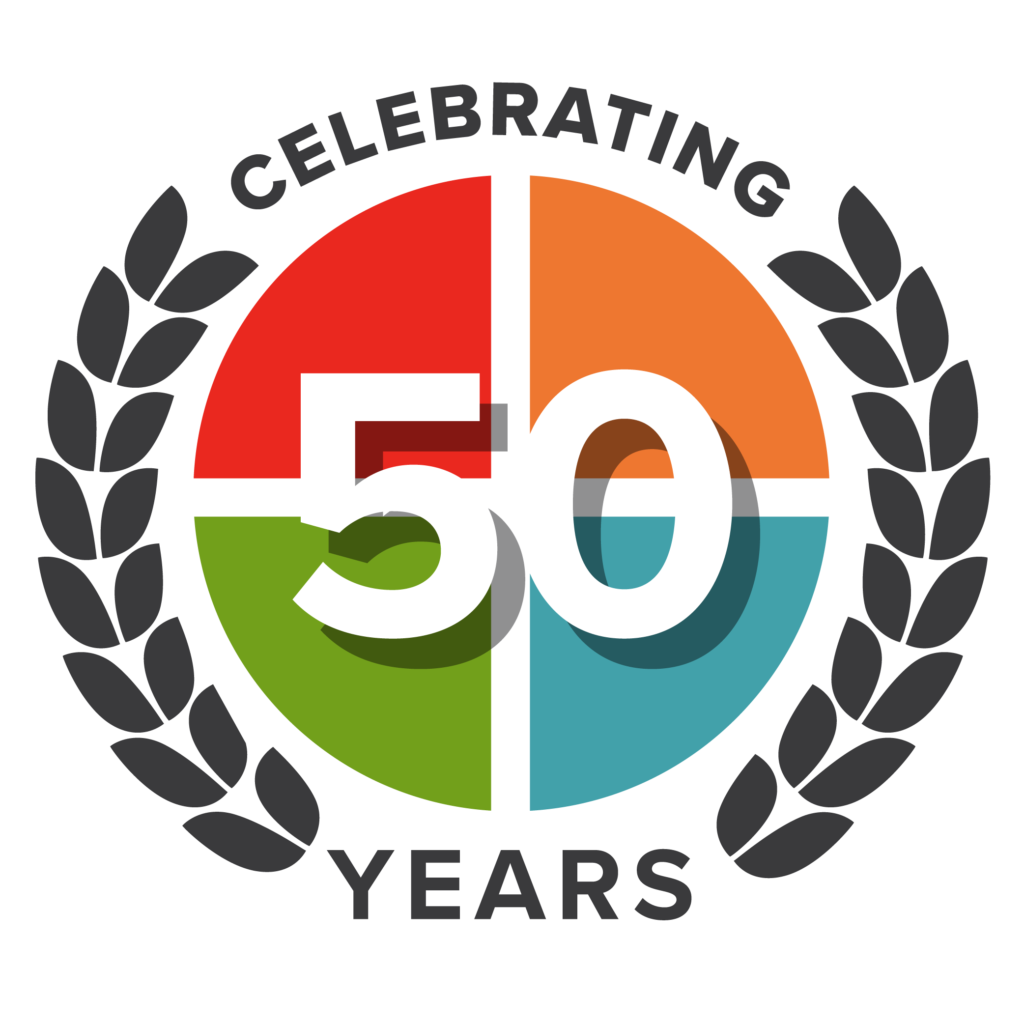- Home /
- Practice Areas /
- Alternative Dispute Resolution
Intellectual Property Alternative Dispute Resolution (ADR)
Oftentimes, due to the unpredictable nature of complex disputes, alternative means of resolution is the best solution. For those who want to keep their disputes out of the public eye, confidentiality offered by intellectual property mediation or arbitration offers an alternative to the court system. The results are private, known only by the two parties, and the process occurs in a private environment, not in the public forum of a court. It can take years for a lawsuit to wind its way through the courts. Final resolution of an intellectual property dispute, whether patents, trade secrets, copyrights or trademarks, has the potential to be completed in a single day in the case of mediation or on the parties’ timetable when using arbitration. It is important to protect your intellectual property rights, but not every dispute should be tested through the court system. Many disputes do not make economic sense to be resolved through the court process.
What is Alternative Dispute Resolution?
Alternative Dispute Resolution is simply using an alternative to the court system to resolve a dispute. Parties may choose to use mediation, binding arbitration or non-binding arbitration in an effort to reach a resolution. Oftentimes a contract, license agreement or purchase order will require the parties to use alternative forms of dispute resolution before or instead of turning to the Court system.
Benefits of Alternative Dispute Resolution
There are three primary benefits for parties to use an alternative means of dispute resolution; time, money and confidentiality. As the saying goes, the wheels of justice turn slowly. The Court system is typically overwhelmed with cases. The judges are often generalists with little experience in intellectual property matters. Court rules allow for extensive discovery, document production, deposition and extensive motions. In addition, all court proceedings are open to the public, which may include competitors. Alternative Dispute Resolution can offer faster resolution, more efficient resolution and confidentiality.
At ADD+G, we also offer patentability searching to help you understand what else is already in the “prior art,” and most importantly what scope of patent protection you can reasonably expect to obtain on your invention. Our Florida-based patent attorneys then use their extensive experience to carefully craft your patent application to have the greatest chance for success before the USPTO, as well as in the United States federal courts should your patent ever need to be enforced against infringers.
Our IP Alternative Dispute Resolution Services
Our intellectual property attorneys in Florida are experienced in representing parties in mediation and arbitration.
Mediation
To become certified as a mediator, one must have extensive training in the skills of negotiation and conflict resolution and have hands-on experience as a mediator. Mediators can help parties settle their differences before or during a lawsuit. Through mediation, the parties can agree to settle their dispute, saving time and money. A voluntary or court-ordered mediation allows the parties to structure agreements that cannot be ordered by a court or obtained through a lawsuit. Mediation is a particularly attractive option for parties to an intellectual property dispute. The parties usually have a strong incentive to preserve or enhance a relationship with the opposition party or have a need for creative solutions. A court can only provide very specific relief available under the law and will do so very slowly and methodically, at great expense.
Arbitration
In contrast to mediation, where the parties mutually agree to a resolution, parties can ask a neutral third party to decide the issues and enter an arbitration award which is binding on the parties. Arbitration often is more efficient than a court proceeding and can be conducted in private. ADD+G has attorneys who have been trained in arbitration and recognized by inclusion on the American Arbitration Association Panel of Neutrals for Arbitration. Attorneys and the parties have trusted ADD+G arbitrators to decide their disputes. https://allendyer.com/attorneys-agents/
Work With Our Team
At Allen, Dyer, Doppelt + Gilchrist, we have an experienced team who is ready to help you.
Our trusted intellectual property litigation attorneys have represented hundreds of clients in mediation. We understand the process and bring creativity and experience to the mediation table to help you get the best resolution of the dispute. Our certified mediator is available to mediate any patent, copyright, trademark, trade dress, trade secret or other complex dispute that needs a creative, steady hand to bring the parties to a resolution that will save time, money and the headaches of litigation in our Court system. Additionally, our arbitration team is available to assist in either acting as a third party neutral to decide your intellectual property dispute, or to represent you in an arbitration proceeding.
Contact us today to schedule a consultation with a member of our team in Winter Springs, Orlando, Jacksonville or Miami today.

Intellectual Property Alternative Resolution FAQs
With decades of patent drafting and prosecution experience, we routinely counsel clients in areas including the patent application process, patent portfolios, patent strategy, global patent protection through foreign patents, post-allowance proceedings and enforcement through patent litigation. Here are answers to a few of the questions we are commonly asked.
Alternative Dispute Resolution should be used when saving time and money is a top priority for the parties, or if the traditional remedies a court can offer may not fit the dispute. Alternative Dispute Resolution may also be the solution if the parties wish to maintain a business relationship after the dispute is resolved.
Mediation costs are directly tied to the amount of time it takes to resolve the dispute. Mediators charge the parties by the hour. Mediations can last anywhere from a few hours to several days for complex cases. Most Mediations last one day.
Arbitrators are also paid by the hour. The costs of an arbitration, like the court process, is tied directly to the amount of time the arbitrators are asked to devote to the dispute. The more complex the dispute, the more expensive arbitration may be.
Arbitration is a voluntary process that must be agreed to by the parties. This agreement may be in the parties’ original contract, or the parties may agree at any time to turn their dispute over to an Arbitration or Arbitration Panel (more than one arbitrator). Unless both parties agree to arbitration, the matter cannot be arbitrated.
One drawback (or benefit) of Arbitration is that a party has very little recourse if they disagree with the Arbitrator’s rulings. Unlike the court process, there is no higher arbitration panel that oversees the arbitrator’s rulings. This makes the process more efficient and less costly, but leaves little choices if a party believes the arbitrator misunderstood the testimony, misapplied the law or overlooked key evidence.



